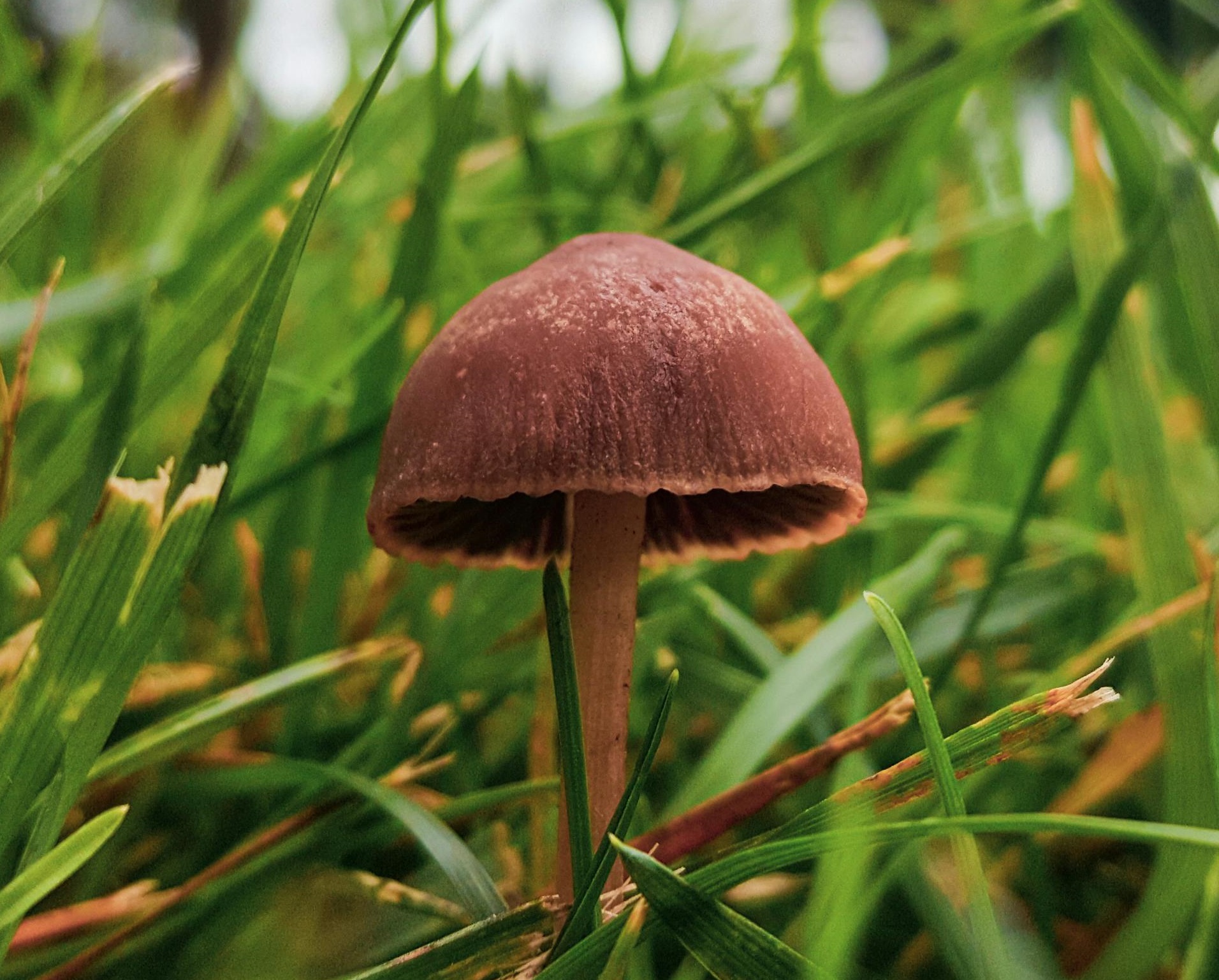Psychedelics from Zoomies Canada have gained significant attention in neuroscience and mental health research. Psilocybin, found in certain shrooms online, stands out due to its profound impact on consciousness and perception. Its interaction with the brain’s serotonin receptors is an important mechanism underlying its effects, potentially rewiring the brain’s response to inner suffering and opening new paths for mental health treatment.
Psilocybin is a psychedelic compound that treats psychiatric conditions. It induces psychoactive effects when it interacts with serotonin by stimulating brain serotonin (5-HT) 2A receptors. Psilocybin metabolizes into psilocin, which causes changes in emotional state over several hours, as measured by subjective drug intensity (SDI) and plasma psilocin levels (PPL).
Medium to high doses of psilocybin can induce profound changes in consciousness and emotional states, such as deep-felt love and peacefulness.
The amygdala, important for processing emotions and threat-related information, responds to serotonin signalling, including 5-HT2A receptors. A study showed reduced amygdala response to negative stimuli under acute 5-HT2A receptor stimulation with psilocybin and LSD.
The amygdala automatically detects danger and influences behaviour, emotional control, and learning. It controls fear by processing sensory input to detect danger. Research indicates the amygdala’s involvement in various functions:
Researchers from the University of Copenhagen evaluate the acute effects of psilocybin on the amygdala’s response to angry, fearful, and neutral faces. They examine the correlation between this response and PPL and SDI.
Using fMRI, 28 healthy individuals under psilocybin and baseline conditions were assessed for amygdala responses to angry, fearful, and neutral faces. Participants received either a single dose of psilocybin from 0.2 to 0.3 mg/kg or 20 mg of ketanserin, a 5-HT2AR antagonist, on two separate intervention days, with a minimum separation of 21 days between each session.
The post-hoc analyses showed a consistent decrease in brain activity in reaction to angry and fearful faces across nearly all brain regions when participants were under the influence of psilocybin. Reactions to neutral faces remained steady or increased slightly compared to baseline levels. Although these modifications did not reach statistical significance when adjusting for multiple comparisons, they suggest an overall dampened brain response to negative emotions while under the influence of psilocybin.
Psilocybin can treat anxiety disorders. By modulating the brain’s response to fear and stress, psilocybin could help patients cope with anxiety-provoking situations.
A study reveals that one month after psilocybin treatment, positive emotions remained elevated, and anxiety traits were reduced. The number of significant functional connections in the brain during rest increased from baseline to one week and one month after psilocybin treatment. These initial findings suggest that psilocybin might enhance emotional and brain flexibility.
PTSD is characterized by heightened amygdala activity and emotional reactivity to trauma-related stimuli. A 2020 study revealed decreased functional connectivity between the ventromedial prefrontal cortex and the amygdala following treatment with psilocybin.
Depressive and negative thoughts often accompany PTSD diagnoses. Psilocybin offers therapeutic potential for alleviating the negative cognitive and emotional biases commonly associated with depression. Changes in amygdala connectivity may modulate the reduced processing of emotional responses and heightened inclination toward positive mood states induced by psilocybin.
In a study conducted in 2022, the administration of psilocybin resulted in a noticeable decrease in both amygdala activity and depressive symptoms. Researchers detected alterations in functional connectivity and activation in prefrontal limbic structures, mainly focusing on the ventral medial prefrontal cortex and the amygdala.
Induce changes in mood, sensations, and perception. While some may encounter visual alterations. Users often describe their experience as tranquil and relaxing.
Users frequently note a swifter onset of effects and a deeper immersion into altered states of consciousness.
Excessive amounts can disrupt balance and equilibrium, which makes users feel disoriented.
The serotonin-psilocybin connection is an intriguing research area with deep implications for understanding consciousness and mental health. By uncovering how psilocybin affects brain function, especially in regions like the amygdala linked to emotional processing, researchers can learn more about its therapeutic potential for mental health by exploring psilocybin-infused products at Zoomies Canada.
Microdosing and macrodosing affect amygdala function. The study above used 0.2-0.3 mg/kg of psilocybin, which decreases reactions to angry and fearful faces.
In another study, participants took 25mg/kg of psilocybin. A month later, negative emotional responses and amygdala reactions to facial expressions returned to baseline levels, while positive emotions remained heightened.
The duration and impact of psilocybin on mood and mental health can vary. While some studies suggest its effects may last a month, others indicate they could extend up to a year. A naturalistic, observational design study tracked participants who microdosed psilocybin alongside a control group for around 30 days. The findings revealed slight to moderate mood and mental health enhancements among the microdosing participants.
No. Do not consume mushrooms regularly. Consider microdosing according to a structured schedule, such as two days per week or a 3-day cycle, which you maintain for four to eight weeks.
If you intend to consume higher doses, there isn’t a fixed schedule, but allow at least 24 hours before your next session. In a 2017 study, users reported experiencing positive effects from taking mushrooms up to four times a year. Frequent trips can lead to the development of tolerance over time.
Sign up for free Ocean City news updates.
How Shrooms Online Rewires Brain To Help Inner Suffering – OCNJ Daily
